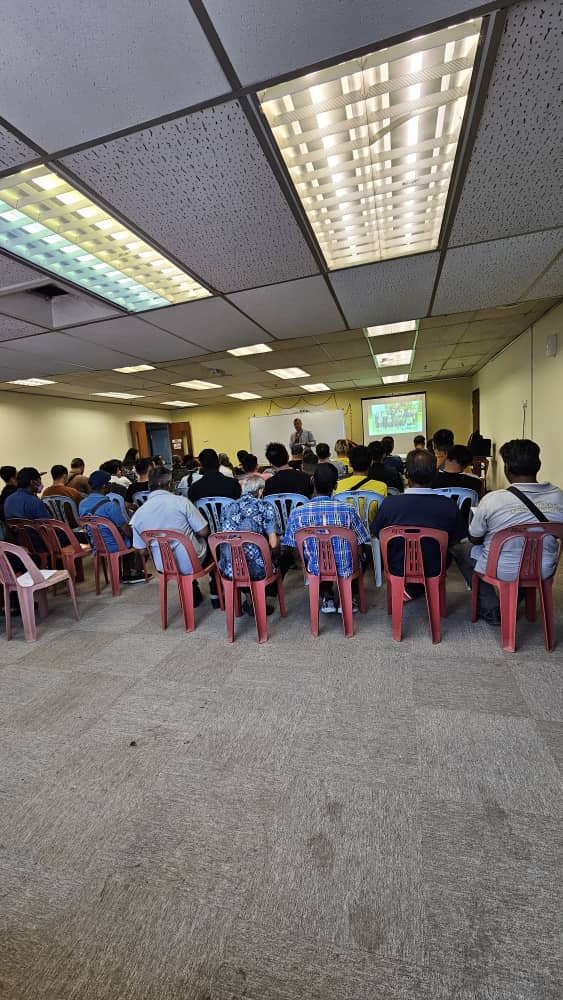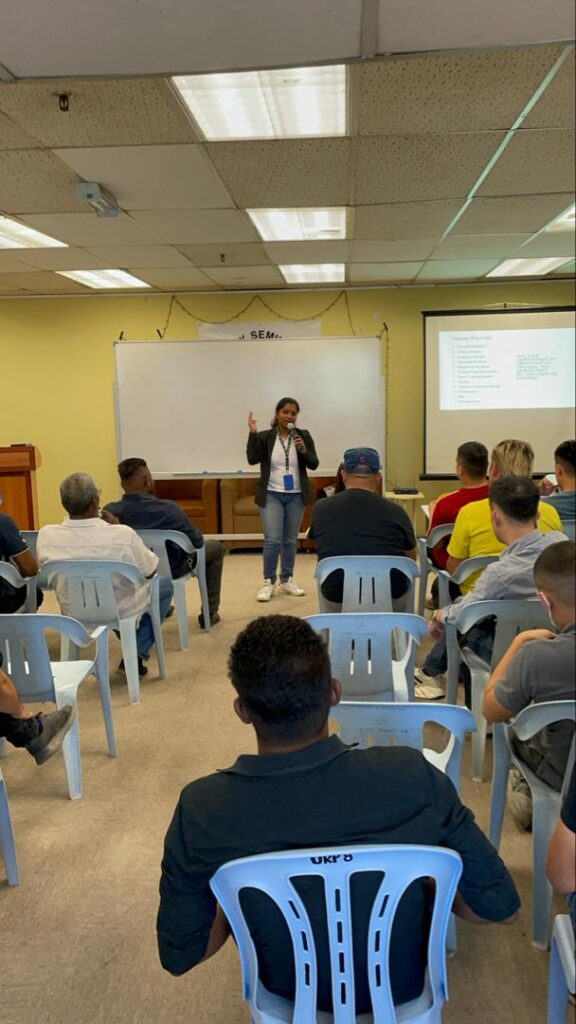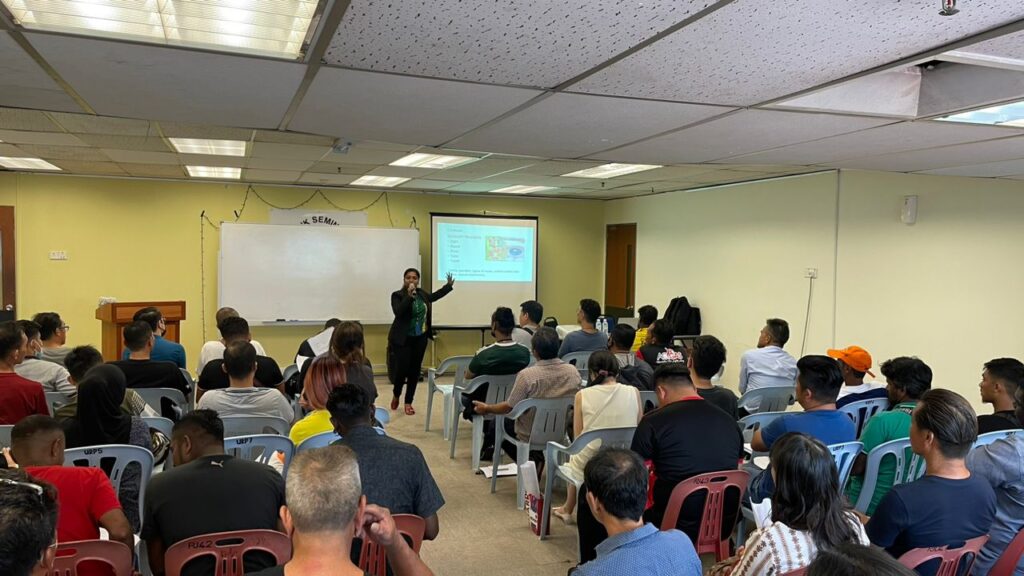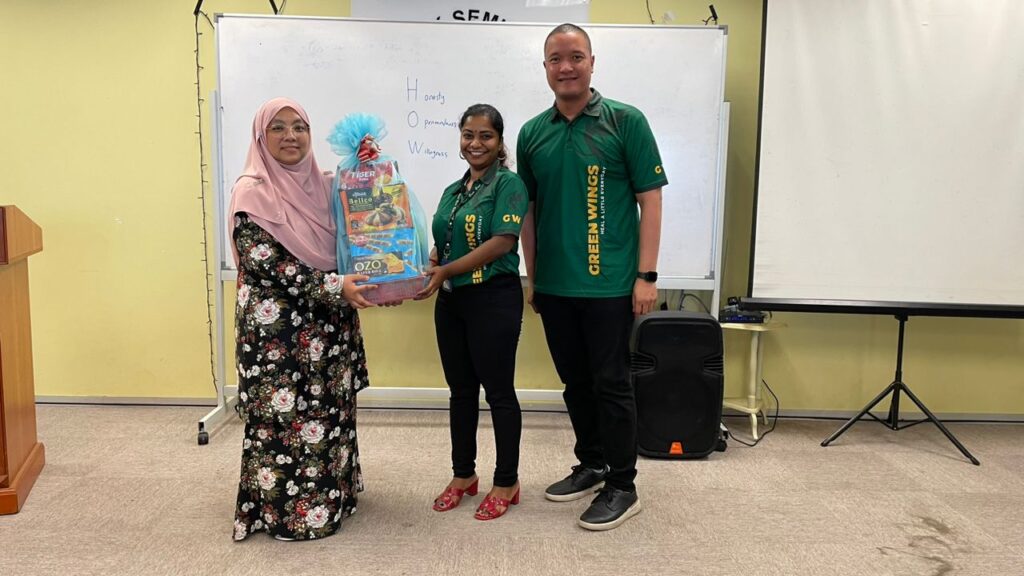Greenwings-PSY in collaboration with AADK conducted its 5th Training about “Relapse Prevention and Responsibility”.
The journey of recovery from addiction or negative habits is rarely linear. Relapses, setbacks where old patterns resurface, are a common experience. However, these moments don’t have to define your progress. By understanding relapse prevention and taking responsibility for your actions, you can bounce back stronger and stay committed to your goals.
Understanding the Why Behind the Slip:
Relapse rarely happens in a vacuum. Triggers, internal or external cues, can set the stage for a slip. These triggers could be emotional distress, social pressure, boredom, or even certain environments. Identifying your specific triggers is crucial. Is it stress that makes you reach for that old coping mechanism? Do certain social settings make it difficult to resist temptation?
Self-awareness is key. Reflect on the moments leading up to the relapse. What emotions were you feeling? What situations were you in? This introspective analysis allows you to develop coping strategies specific to your triggers. Perhaps stress management techniques can help, or having a support person to call when faced with social pressure.
Building a Strong Foundation for Prevention:
Relapse prevention isn’t just about avoiding triggers. It’s about building a life filled with healthy habits and support systems. Here are some key strategies:
- Develop relapse prevention plans: This plan outlines what you’ll do when faced with a trigger. It could involve removing yourself from a situation, talking to a therapist, or engaging in a calming activity.
- Seek professional help: Therapy can be a valuable tool in relapse prevention. Therapists can help you identify triggers, develop coping mechanisms, and address underlying issues that may be contributing to your addiction.
- Build a strong support system: Surround yourself with positive, supportive people who understand your journey. These can be friends, family members, support groups, or sponsors.
- Practice self-care: Prioritize activities that nurture your physical and mental well-being. This could include exercise, healthy eating, meditation, or spending time in nature.
Taking Responsibility: The Road to Growth:
Relapse can be a discouraging experience. However, the crucial component is taking responsibility for your actions. Here’s how:
- Acknowledge the relapse: Don’t try to minimize or rationalize it. Be honest with yourself and those who support you.
- Learn from the experience: Analyze what led to the relapse and use that knowledge to strengthen your prevention plan.
- Forgive yourself: Self-compassion is essential. Relapse doesn’t mean you’ve failed; it’s a learning opportunity.
- Get back on track: Don’t let one setback derail your entire journey. Refocus on your goals and reach out to your support system for strength.
The Power of Perseverance:
Recovery isn’t a sprint; it’s a marathon. Relapses are a part of this journey for many. By understanding your triggers, building a strong foundation for prevention, and taking responsibility for your actions, you can navigate challenges and emerge stronger. Remember, every day you choose recovery is a victory. Embrace the power of perseverance, and keep moving forward with hope and determination. We at Greenwings-PSY are equipped with one of the best Addiction and Mental Health Recovery facilities in Asia. Our addiction specialists and mental health professionals are experienced with a decade experience and our effective therapy along with treatment give us edge over other rehab centers as our relapse rate is minimal in the industry. For more information about our services do visit our website https://greenwings-psy.com/ or via Call/Whatsapp +6010-249 0931.





